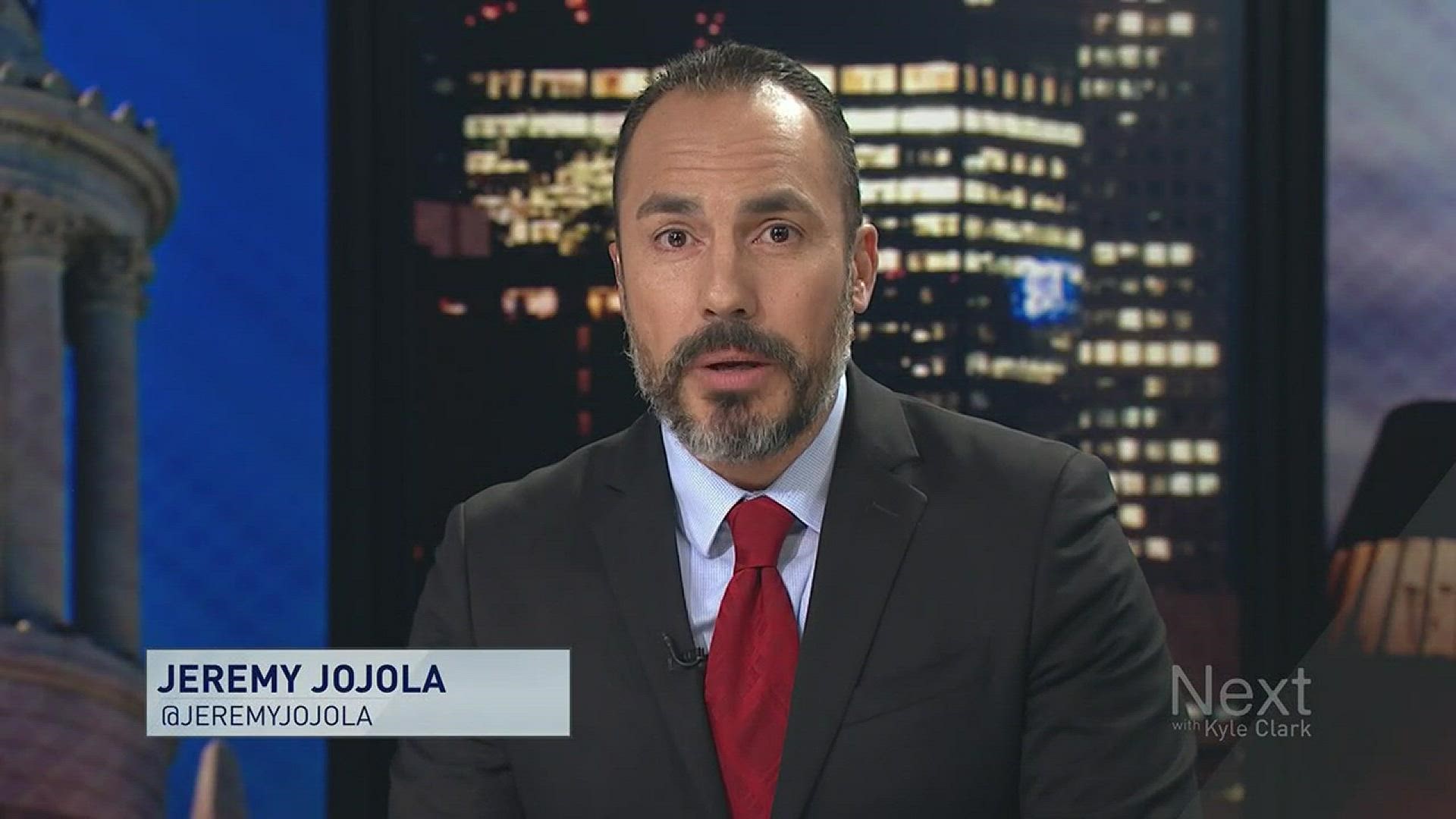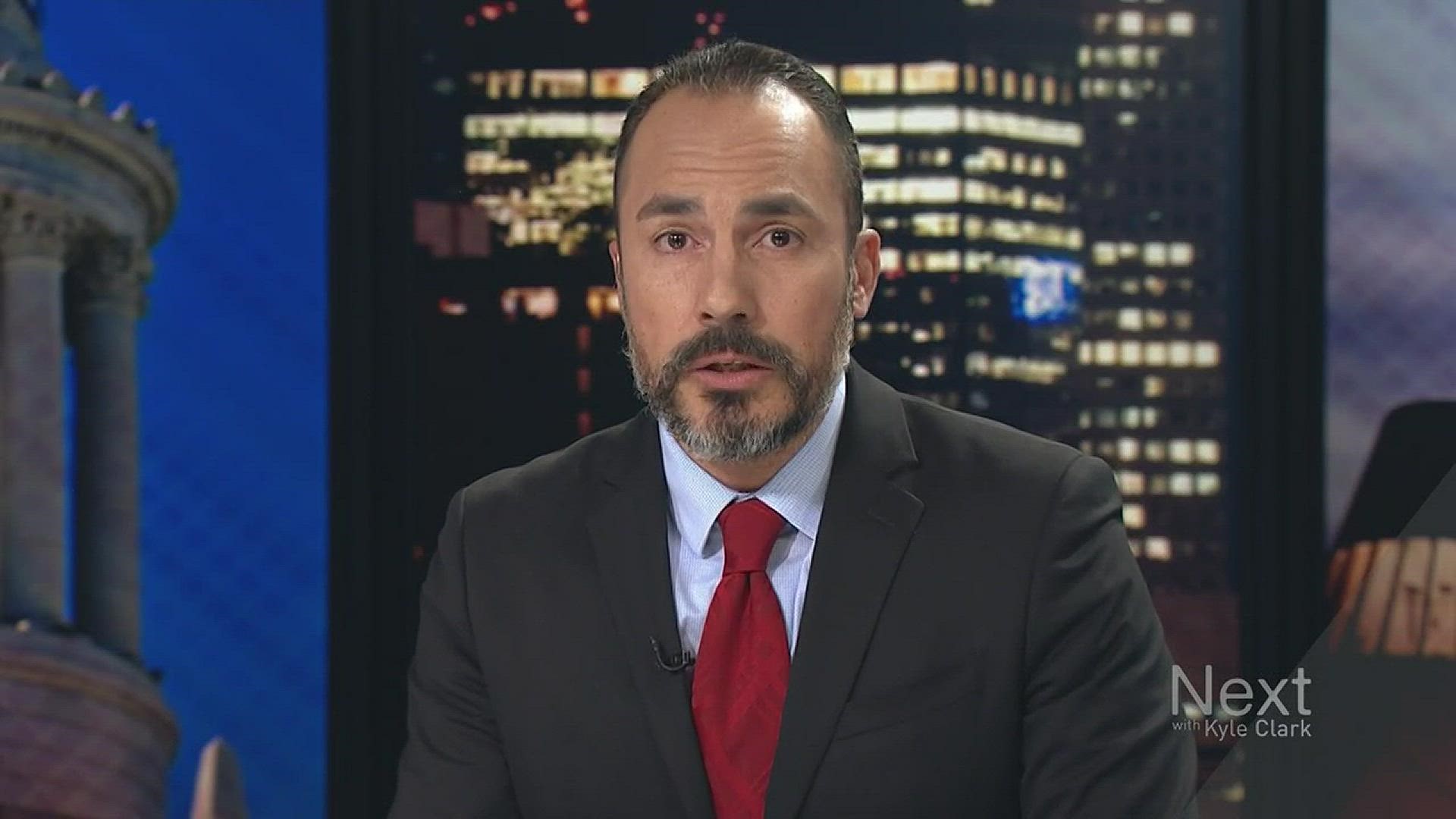FORT COLLINS, Colo. — The increase in the price of insulin caught the attention of researchers at Colorado State University. Scientists there started looking into what it would take for people to make their own insulin, in the hopes to save them money.
Dr. Comilla Sasson, an emergency room doctor and 9News medical expert, said insulin prices started to double between 2000 and 2013.
"Since that time, it's doubled or even tripled," she said.
Now Sasson said one vial of insulin - that can potentially last a week - can cost as much as $300.
"That can be very cost prohibitive not just for anyone who's got insurance," said Sasson, "But even more so for people who don't have insurance or are under-insured."
The battle between budgets and buying medicine necessary for surviving caught the attention of CSU postdoctoral researcher Jenna Gallegos.
"Insulin has been used to treat diabetes for almost a hundred years," Gallegos said. "It's still not affordable for a lot of people who rely on it."
This September, Gallegos and Professor Jean Peccoud published a paper that in part looks at the pros and cons of people making their own insulin and if it would help reduce how much people pay.
Dr. Peccoud said the vision isn't really to make the insulin in the kitchen, but rather in a community bio lab where patients are properly trained and have access to the right technology. The hope, according to Peccoud, is that it would be as simple as using a kitchen gadget, like a bread maker, with the right safety checks in place.
"A good target would be that insulin would cost $50 a month instead of thousands," he said.
"It could potentially be cheaper," said Gallegos. "Especially for people who don't have insurance. That's the high-risk group who can't access."
Sasson said the idea is an indication of just how desperate people are to find affordable medication, but comes with many risks, like making sure the insulin is safe and effective.
"What is the consistent reliability?" she wondered aloud. "How well does it work? Those are the questions I would have."
Sasson said she's personally attended to patients who've come into the emergency department who didn't take their insulin or who couldn't afford it. Over time, Sasson said patients put themselves at serious risk for permanent damage.
"They can end up in a diabetic coma. They can end up dead. You can end up on dialysis because your kidneys stopped working," Sasson explained.
She said people have even started traveling to other countries and buying insulin online, which can be dangerous because of quality control and making sure the medicine is safe to take. Insulin is necessary for people living with Type 1 diabetes and can become necessary for people diagnosed with Type 2 diabetes.
"Is it going to be as safe as a drug made by a pharma company probably not," said Peccoud, "But it can be much safer than not having access to insulin when you need it."
Safety is something they want to research, but they're having trouble finding funding.
"The typical sources of funding is the government," explained Peccoud. "But this project is going to be perceived as trying to go against [Food and Drug Administration] regulations or around FDA regulations."
Other potential donors have also voiced concerns over safety and regulations.
"We can't determine how safe or unsafe something is until we can do the research," Gallegos said.
They are continuing to try to find funding and discuss the idea. Gallegos said other researchers in the U.S. are also looking into a similar idea.
Meanwhile, the FDA passed new regulations Tuesday that will play out in 2020 with the goal of driving down the cost of insulin. Some of the changes include taking away some regulatory burdens to hopefully get more drugs to market faster, increasing competition and giving patients more insulin drug choices.
“If you have the option to go to a lab and create something versus using something that we already know works and decrease regulatory burdens around it," Sasson said. “I think we're going to choose that every time.”
She added that synthetic insulin has historically been a tough medicine to regulate because of the way it's made and the steps it takes for manufacturers to make sure the medicine is reliable and consistent.


